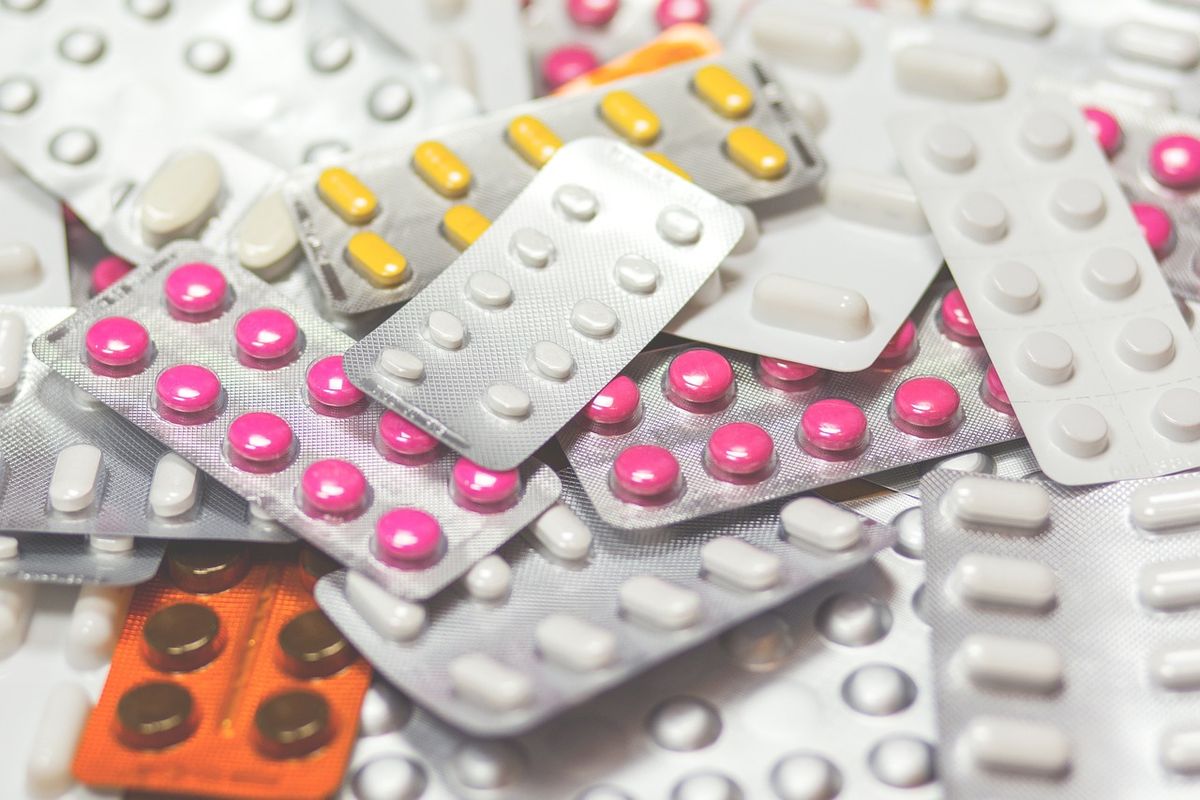The Importance of Data Privacy in the Pharmaceutical Industry

In today's digitally driven world, data privacy has become a core concern for every industry, but none more so than the pharmaceutical industry. This sector is entrusted with vast amounts of sensitive information, ranging from patient health records and clinical trial data to proprietary research and development (R&D) findings. Any breach or misuse of this data can have far-reaching consequences — both ethically and financially.
Why Data Privacy Matters in Pharmaceuticals
The pharmaceutical industry is not only one of the most regulated sectors but also one of the most vulnerable to cyber threats. With the growing digitization of healthcare systems, there is an increase in the volume of sensitive data that is being stored and transmitted electronically. Here are a few reasons why maintaining data privacy in this industry is critical:
1. Protecting Patient Confidentiality
Pharmaceutical companies often work with hospitals, clinics, and research institutions to conduct clinical trials or gather post-market data. This involves handling personal information such as medical histories, genetic information, and treatment records. If this data falls into the wrong hands, it can lead to identity theft, insurance fraud, or social stigma for patients.
2. Maintaining Regulatory Compliance
Pharma companies operate under strict legal frameworks like HIPAA (Health Insurance Portability and Accountability Act) in the US and GDPR (General Data Protection Regulation) in the European Union. These laws mandate companies to collect, store, and process data in specific ways. Non-compliance can result in hefty fines and legal action.
3. Preserving Intellectual Property
The success of pharmaceutical firms often hinges on their research and development. New drug formulas, testing protocols, and market strategies are closely guarded secrets. Any leak or theft of intellectual property could not only cost a company billions but also give competitors an unfair advantage.
4. Safeguarding Public Trust
Public trust is crucial in the healthcare and pharmaceutical sectors. Patients and healthcare providers must feel confident that their data is secure. A data breach can irreparably damage a company's reputation and erode the trust built over decades.
Real-Life Data Breach Incidents in the Pharma Industry
Data breaches in the pharmaceutical industry are not hypothetical threats — they’ve happened before and continue to occur. Some notable examples include:
Pfizer Data Exposure (2020): Patient information from clinical trials was exposed due to an unsecured cloud server.
Dr. Reddy’s Labs (2020): The Indian pharmaceutical giant suffered a cyberattack that forced them to shut down operations temporarily.
Merck Ransomware Attack (2017): A global cyberattack disrupted Merck’s manufacturing operations and led to massive financial losses.
These incidents highlight how crucial data protection measures are, especially in a highly sensitive and global industry like pharmaceuticals.
Core Challenges in Ensuring Data Privacy
Despite the pressing need, pharmaceutical companies face several challenges in implementing robust data privacy protocols:
1. Complex Supply Chains
Pharma companies often work with a global network of suppliers, distributors, and research partners. This increases the risk of data leaks as the information passes through multiple hands and systems.
2. Digitization and Cloud Adoption
While digital records and cloud services improve efficiency, they also introduce new vulnerabilities. Insecure APIs, misconfigured servers, or outdated software can act as gateways for hackers.
3. Legacy Systems
Many companies still rely on outdated IT infrastructure that lacks modern security features. Integrating newer, more secure technologies can be a time-consuming and costly process.
4. Human Error
A significant number of data breaches occur due to employee negligence — such as weak passwords, phishing attacks, or accidental sharing of files. Regular training and awareness programs are critical.
Best Practices for Strengthening Data Privacy
To address these challenges, pharmaceutical companies must adopt a multi-layered strategy for data protection. Here are some key practices:
1. Data Encryption
Encrypting data both at rest and in transit ensures that even if the data is intercepted, it cannot be read without the proper decryption keys.
2. Access Controls
Implement role-based access controls (RBAC) to limit data access only to those who need it. This reduces the risk of internal data misuse.
3. Regular Security Audits
Periodic audits and vulnerability assessments help identify and fix potential security loopholes before they can be exploited.
4. Employee Training
Conduct workshops and training sessions to educate employees about data handling best practices, phishing threats, and secure password management.
5. Compliance Monitoring
Use automated systems to track compliance with local and international data protection regulations. This can prevent legal issues and ensure consistent policy enforcement.
The Role of AI and Machine Learning in Data Privacy
Advanced technologies like Artificial Intelligence (AI) and Machine Learning (ML) are now playing a vital role in enhancing data privacy. AI can monitor data traffic patterns and detect anomalies in real-time, flagging any suspicious activity. Machine learning algorithms can also be used to predict potential threats and prevent breaches before they occur.
The Future of Data Privacy in Pharmaceuticals
Looking ahead, the importance of data privacy in the pharmaceutical industry will only grow. With the rise of telemedicine, wearable devices, and personalized medicine, the volume and complexity of data being handled will skyrocket.
To keep up, companies must:
Invest in cybersecurity infrastructure
Partner with trusted vendors
Build a culture of privacy and compliance
In the race to develop life-saving drugs and treatments, data privacy should never be an afterthought. It must be an integral part of every process — from drug discovery to patient feedback.
Conclusion
Data privacy is not just a legal requirement but a moral obligation in the pharmaceutical industry. In a field where the stakes are life and death, safeguarding sensitive information is critical. Whether it’s protecting patient identities or preserving cutting-edge research, the cost of negligence is simply too high.
For companies aiming to build trust and stay competitive in 2025 and beyond, investing in robust data privacy strategies is not optional — it's essential.
Bonus SEO Tip:
If you're a healthcare or pharmaceutical business looking to improve your online visibility, you should consider working with a trusted SEO Company In Mumbai or a reputable SEO Agency In Mumbai to ensure your content reaches the right audience and complies with all digital best practices.





